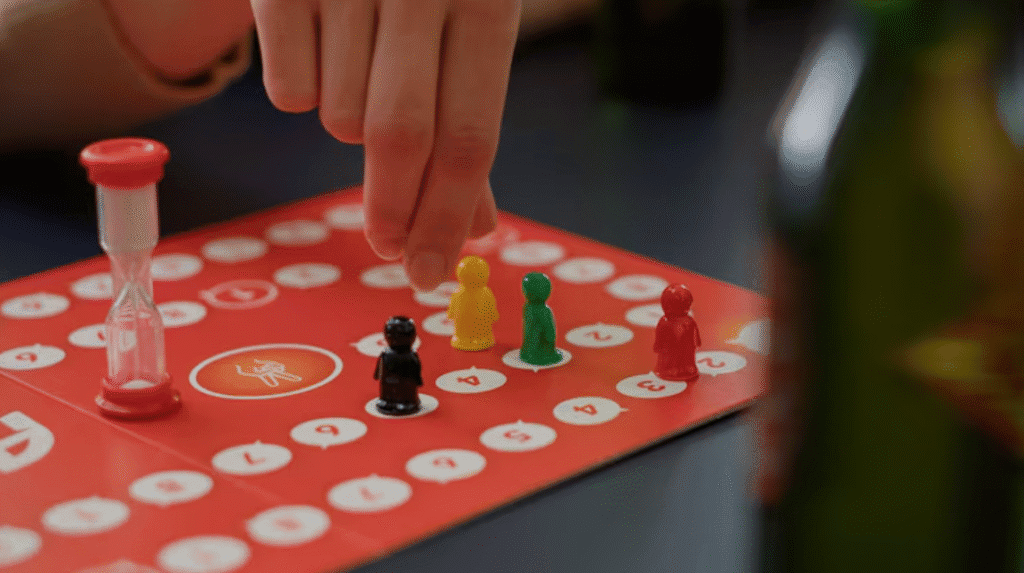Every strategy gamer knows the sinking feeling of falling behind—losing an early battle, getting rushed, or making a costly mistake. But the mark of a true strategist is the ability to come back from defeat. This guide will teach you how to survive, adapt, and turn the tables when you’re at a disadvantage. Remember: the game isn’t over until the last unit falls.
1. The Psychology of a Comeback
First, understand that losing the early game doesn’t mean the match is lost. Many players tilt or give up when they fall behind. Stay calm, focused, and determined. Great comebacks often happen because one player keeps their head in the game while the other becomes overconfident or sloppy.
Key mindset tips:
- Stay positive. Mistakes happen—learn and adjust.
- Don’t panic. Focus on survival first, then rebuilding.
- Look for weaknesses. The opponent may get greedy or leave openings.
- Patience wins. Comebacks take time—don’t rush into bad fights.
2. Assess the Damage
After a setback, assess your situation:
- What did you lose? Units, structures, economy?
- What do you still have? Resources, tech, map control?
- What is your opponent’s position? Are they expanding aggressively or turtling?
Gather information by scouting and adjust your strategy accordingly.
3. Defending After a Setback
Your first goal is to stabilize:
- Wall off entrances or create choke points.
- Use static defenses (towers, turrets, bunkers) to slow enemy aggression.
- Focus on defensive units—archers, siege, or anti-rush units.
- Play safe. Don’t take unnecessary fights unless you have an advantage.
Example: In Age of Empires II, a player hit by a feudal rush might wall in, build towers, and get to Castle Age safely.
4. Rebuilding Your Economy
Economy is the foundation of any comeback:
- Prioritize worker production. Always keep your economy running.
- Secure safe resources. Expand behind defenses or in hidden areas.
- Consider trade. In some games, like 4X or Total War, trade routes can boost income.
- Reclaim map control slowly. Don’t overextend—expand carefully.
5. Counterplay: Striking Back Smartly
Once stabilized, look for counterattack opportunities:
- Harass the opponent. Use fast units to raid their economy.
- Punish overextension. If they leave parts of their base undefended, strike there.
- Target key structures. Disrupt their production by attacking resource buildings or tech structures.
- Use stealth or surprise. In games like StarCraft, sneaky drops or ninja bases can flip the game.
6. Tech Transitions: The Secret Weapon of Comebacks
Sometimes the best way to come back is by changing your strategy entirely:
- Tech switch: If you were going for infantry and it’s not working, transition to cavalry or siege.
- Surprise units: Introduce new unit types that counter their army.
- Late-game units: Rush for powerful units like siege weapons, air units, or heroes that can dominate fights.
Example: In StarCraft II, a player behind in bio units might suddenly switch to Battlecruisers, catching the opponent off-guard.
7. Psychological Warfare
Being behind doesn’t mean you can’t mess with your opponent’s mind:
- Feign weakness: Appear weak to bait them into overextending.
- Fake attacks: Send small forces to distract them.
- Trash talk? Only if it’s in good fun—sometimes a little banter can tilt your opponent.
Stay calm yourself, but make your opponent doubt their lead.
8. Famous Comebacks in Gaming History
- Serral vs. Reynor (2023): Down 0-2 in a best-of-5, Serral adapted, adjusted, and won 3-2 with smart army compositions.
- TheViper’s Feudal Age recovery (Age of Empires II): After losing villagers to an early rush, he walled in, boomed, and won in Imperial Age.
- Grubby’s Orc comeback (Warcraft III): Known for clutch micro, Grubby often turns around games with clever unit control and hero focus.
9. Common Comeback Mistakes
- Desperation attacks: Don’t throw away your army trying to “make something happen.”
- Neglecting economy: You can’t fight back if you’re broke.
- Overconfidence: A small success doesn’t mean you’re fully back. Stay cautious.
- Ignoring scouting: You still need to know what your opponent is doing.
10. Conclusion: The Comeback Mindset
Comebacks are about resilience, creativity, and patience. Don’t quit just because you fell behind—use that pressure to fuel your best plays. Learn from each setback, adjust your strategy, and keep fighting. In the end, the sweetest victories are the ones you had to earn the hard way.




